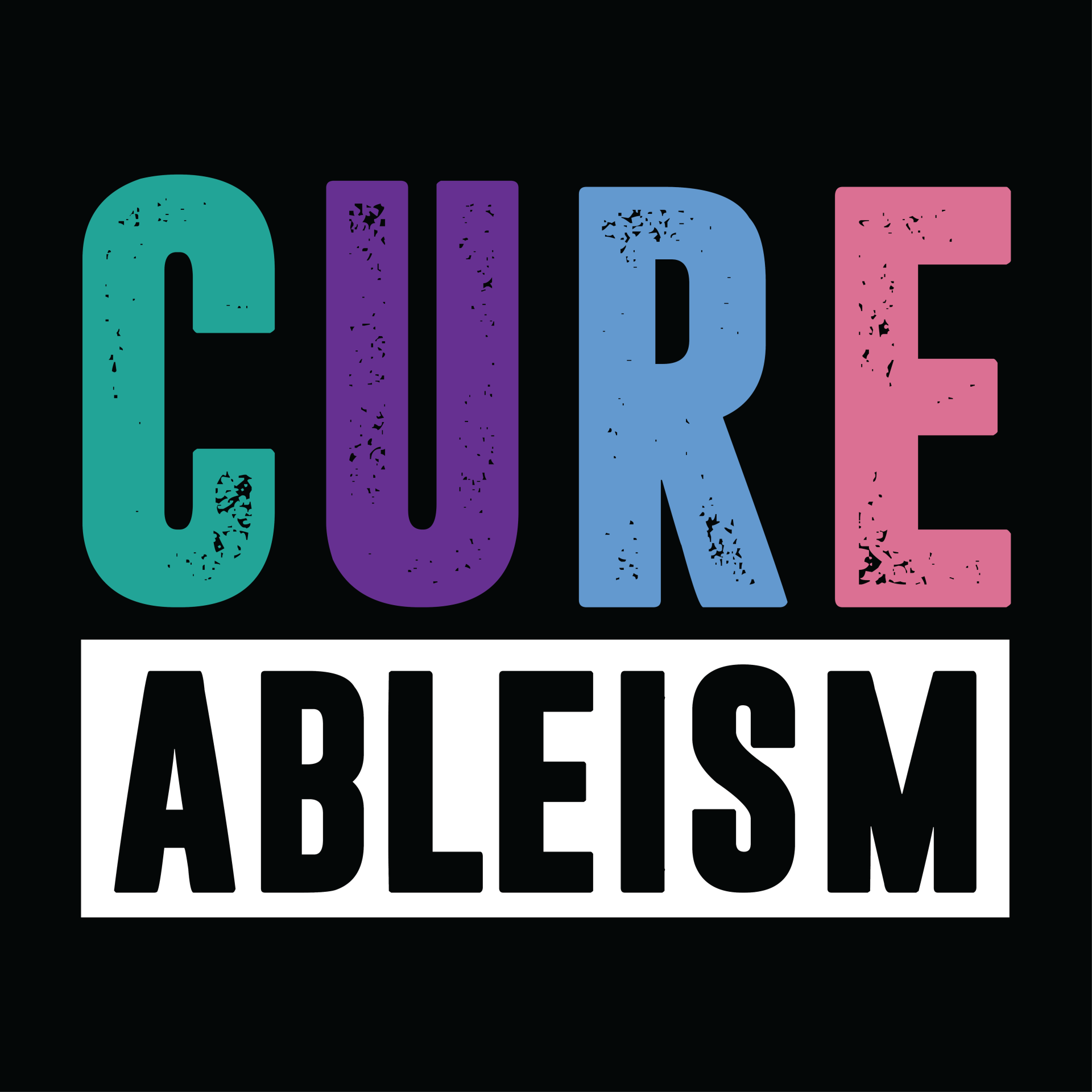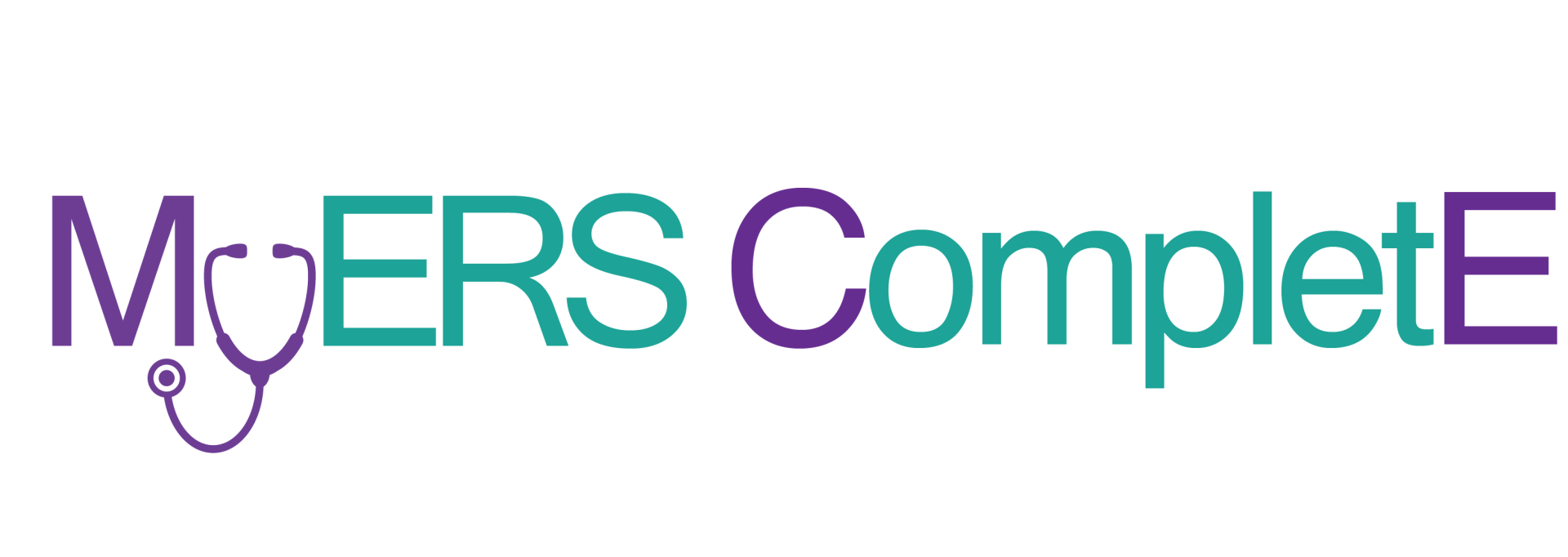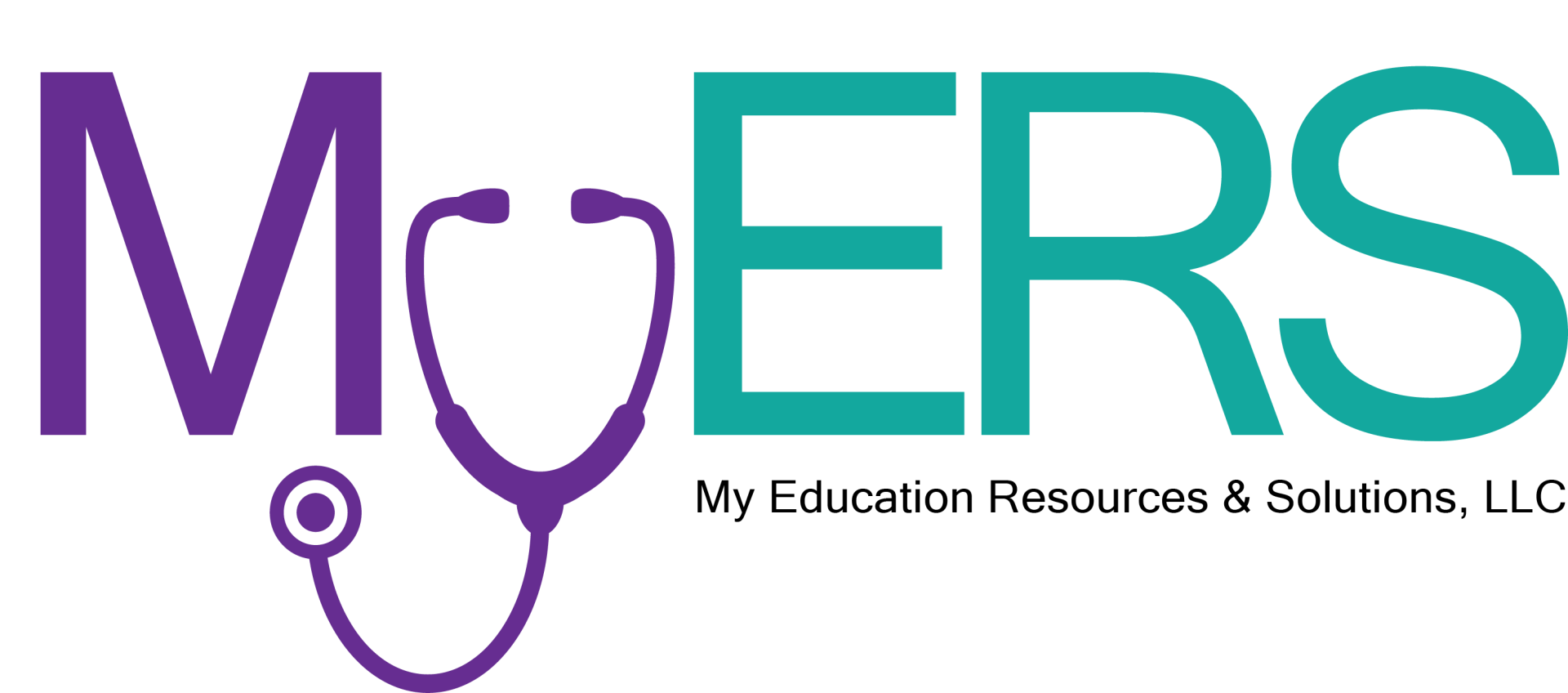Truth and Dignity: A Nursing Response to Harmful Autism Narratives
Apr 25

Truth and Dignity
A Nursing Response to Harmful Autism Narratives
As healthcare professionals committed to evidence-based practice and compassionate care, we at MyERS feel compelled to address the recent comments made by HHS Secretary Robert F. Kennedy Jr. regarding autism. His April 16th statements not only misrepresent the scientific understanding of autism but also diminish the dignity and value of autistic individuals – including many of our own loved ones.
When Misinformation Comes from Leadership
During a recent press conference responding to updated CDC prevalence data, Secretary Kennedy characterized autism as a "preventable disease" and an "epidemic" caused primarily by environmental toxins. He dismissed genetic factors and improved diagnostics as significant contributors to rising prevalence rates, while using deeply stigmatizing language about autistic individuals' capabilities and potential.
As nursing professionals, we recognize our responsibility to counter such harmful narratives with facts, compassion, and respect.
Understanding Autism: The Scientific Perspective
The scientific consensus on autism differs significantly from Kennedy's assertions:
Autism is a neurodevelopmental condition, not a "disease." Autism spectrum disorder (ASD) represents neurological differences that affect how people perceive and interact with the world. These differences are increasingly understood as part of human neurodiversity rather than pathology.
Multiple factors contribute to autism. Research strongly supports a primarily genetic basis for autism, with environmental factors potentially playing a secondary role in some cases. Twin studies demonstrate 80-90% heritability, confirming strong genetic underpinnings.
Increased prevalence reflects multiple factors. The rise in autism diagnoses largely results from expanded diagnostic criteria, greater awareness, improved screening practices, and reduced stigma – not an "epidemic" of environmental toxins.
Complex conditions require nuanced approaches. Kennedy's promise to identify autism's causes by September 2025 misrepresents the complexity of autism research and creates unrealistic expectations for "prevention."
The Human Impact of Stigmatizing Language
Perhaps most concerning were Kennedy's assertions that many autistic individuals "will never pay taxes, hold a job, play baseball, write a poem, go on a date, or, in many cases, use a toilet unassisted" and that autism "destroys families."
Such statements are not only factually incorrect but deeply harmful:
They erase autistic achievements. Countless autistic individuals lead fulfilling lives, contribute to their communities, pursue careers, develop relationships, and express themselves creatively. Kennedy's characterization denies this reality.
They burden families with false narratives. Framing autism as family destruction ignores the joy, love, and strength many families experience while navigating challenges often created by inadequate support systems rather than autism itself.
They undermine dignity and respect. Dehumanizing language reinforces discrimination and creates barriers to inclusion, education, and employment for autistic individuals.
Curing Ableism, Not Autism
When public figures frame autism as something to be "prevented" or "cured," they fundamentally misunderstand both the nature of autism and the real challenges facing the autism community. The problem isn't autism itself - it's the ableism that pervades our society, healthcare systems, and public policy.
If we truly want to improve the lives of autistic individuals, we should be directing our energy, research funding, and policy efforts toward curing ableism, not autism. This means:
The autism rights movement has long embraced the powerful slogan "Nothing About Us Without Us." Any meaningful discussion about autism must center autistic voices and experiences. When we shift our focus from changing autistic people to changing our ableist systems, we create space for all neurotypes to thrive on their own terms.
Ableism – the discrimination and prejudice against people with disabilities – manifests in countless ways: inaccessible environments, inadequate support services, discriminatory employment practices, and harmful stereotypes like those perpetuated in Kennedy's recent comments.
If we truly want to improve the lives of autistic individuals, we should be directing our energy, research funding, and policy efforts toward curing ableism, not autism. This means:
- Creating truly inclusive educational environments
- Developing workplace accommodations that recognize different neurotypes
- Building sensory-friendly public spaces
- Ensuring healthcare providers understand and respect autistic communication styles
- Promoting media representations that portray autistic individuals authentically
- Funding research that improves quality of life rather than seeking elimination
As one autistic self-advocate eloquently stated: "I don't need a cure for my neurology. I need a cure for a society that treats difference as deficit."
The autism rights movement has long embraced the powerful slogan "Nothing About Us Without Us." Any meaningful discussion about autism must center autistic voices and experiences. When we shift our focus from changing autistic people to changing our ableist systems, we create space for all neurotypes to thrive on their own terms.
What Nurses Can Do
As healthcare professionals who often serve as trusted resources for families, we have important roles to play:
Provide accurate information. When patients or families express concerns based on misinformation, gently offer evidence-based resources.
Use respectful, affirming language. Follow the lead of autistic self-advocates in discussing autism as a difference rather than a deficit.
Challenge stereotypes. Recognize and counter limited views of autism by highlighting the diversity of autistic experiences and achievements.
Support evidence-based interventions. Advocate for services that promote well-being, communication, and inclusion rather than those focused solely on "normalization."
Amplify autistic voices. Ensure autistic individuals are centered in conversations about autism policy, research, and services.
Moving Forward
In the face of harmful rhetoric, we stand firmly with the autism community. We commit to advocating for policies that support autistic individuals across the lifespan, including:
- Early identification and support services
- Inclusive educational opportunities
- Employment accommodations and opportunities
- Community living options
- Healthcare that respects autistic needs and preferences
We call upon Secretary Kennedy and all public officials to engage responsibly with autism research, listen to autistic individuals and their families, and promote policies based on evidence rather than misconception.
The nursing profession has always stood for dignity, respect, and evidence-based care. In the current climate, these values are more important than ever.
Contact
-
My Education Resources and Solutions, LLC
-
PO Box 39566
Greensboro, NC 27438 -
hello@myerscomplete.com
-
(336) 988-7076
Become a member
Your gateway to advanced, cloud-based CE solutions.

